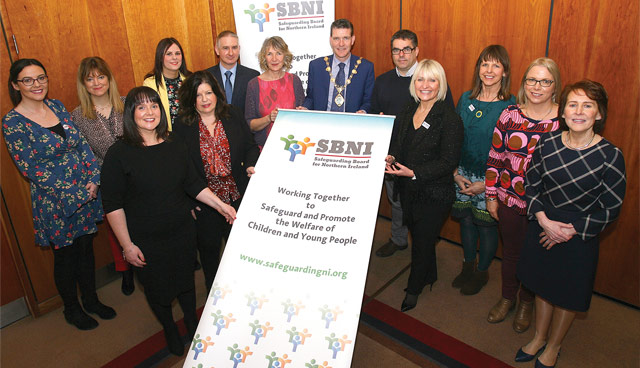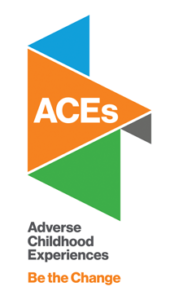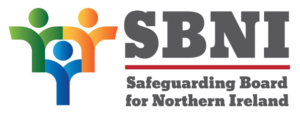Supporting agencies to tackle childhood adversity across Northern Ireland

The Safeguarding Board for Northern Ireland (SBNI) is working with its 27 member agencies to build a trauma informed workforce across Northern Ireland.
Children who are routinely exposed to situations such as domestic violence, mental ill health, alcohol and other substance misuse problems in their homes experience a negative impact which can last well into adulthood.
These chronic stress situations are called Adverse Childhood Experiences (ACEs) and are often associated with poorer outcomes for children in educational attainment, employment, involvement in crime, family breakdown, and a range of health and wellbeing measures.
In 2017, the Department of Health announced that £1.5 million would be invested through the cross departmental Early Intervention Transformation Programme (EITP) to build professional workforce capacity to understand how adversity can affect child development and to build on the skills of staff working with individuals who have been affected by childhood adversity through a trauma informed approach.
Following the review of the SBNI Strategic Plan (2018-2022), the SBNI has identified three ACEs which it has agreed to focus its collaborative efforts on over the next four years: domestic violence, mental health and neglect. The implementation of the strategic plan includes the delivery of the EITP Trauma Informed Practice project until 31 March 2020.
Bernie McNally, Chair of the SBNI highlighted the collaborative response to taking forward the ACE agenda by all SBNI agencies and associated partners, committing to support dedicated and specific training to improve outcomes, aid prevention and support recovery for children, young people and their families.
The Trauma Informed Practice Project is delivering ACE awareness and trauma informed practice training across a multi-agency workforce including health, social care, education, justice and the community voluntary sector including those involved in child protection, and in the wider community.
Trauma informed practice is not a treatment model but a way of understanding and responding to problematic behaviour through the lens of trauma. It is an example of service delivery which incorporates evidence of the impact of early trauma on behaviour across the person’s life span. Trauma informed practice requires the practitioner, from whichever professional background, to integrate their knowledge and understanding of trauma and the impact of such, on a person’s sense of well-being and their current behaviour to then enable and assist the person to rebuild healthy relational skills.
The project is underpinned by an evidence review of trauma informed practice conducted by Queen’s University Belfast which highlighted the need for an overarching framework and collaborative approach to deliver a trauma informed workforce across Northern Ireland.
As such, the professional development training aspect of the project will support staff within organisations to understand what creates resilience to enable individuals to cope with adversity. Support and staff wellbeing are also vital aspects of the training. The SBNI will work across its 27 member agencies and other partners to strategically place the ACE agenda into core business plans, policies and practice to enable organisations to become part of a trauma responsive system across Northern Ireland.
Stephanie Thompson
EITP Trauma Informed Practice Project Manager
T: 028 9536 0249
E: Stephanie.thompson@hscni.net
W: www.safeguardingni.org/aces







